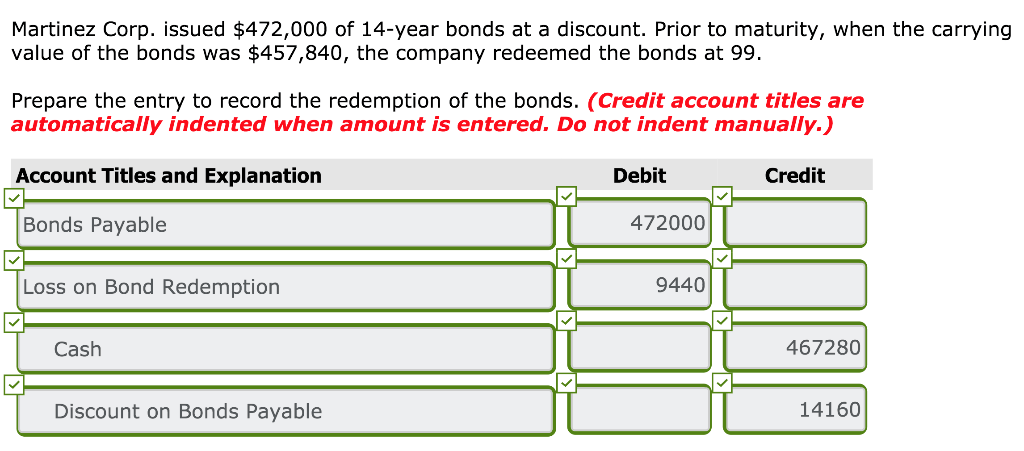Content

Introduction Accounting has be defined in various ways however almost every definition will describe it as a process that identifies, measures, analysis, and report data. Management accounting has not been the same since business started; the father of accounting it has come a long way from early member of civilisation using stone tablets for bookkeeping. Management accounting is used to aid managers make business decisions based on predicted figures and comparisons with actual figures.
Managerial accounting provides essential data about the functions within the business. The reports that are provided by the managerial accountants focus on the performance of the business and the business environment. Managerial accounting is manager oriented and managerial accounting focus on the accounting duties of a manager. Managerial accounting is used on a day to day operation providing an analysis of cost and the cost benefits.
The Characteristics Of Ancient Accounting
He is referred to as the father of accounting and bookkeeping and he was the first person to publish a work on the double-entry system of book-keeping on the continent. He was also called Luca di Borgo after his birthplace, Borgo Sansepolcro, Tuscany. In the book, Pacioli had incorporated the right methods of using ledger books. He had also mentioned a note of caution that nobody should end their working day unless they made their debit and credit columns agree. The book also contained the ethics of accounting, the method of determining economic returns (‘Rule of 72’), and the methods of cost-accounting. The bookkeeping system of the Venetian merchants, better known as the “double-entry accounting,” was described for the first time in the book.
- It is full of explanations of how to use accounting for larger business decisions.
- The first ever published treatise about double entry bookkeeping was that of Luca Pacioli in his book titled “Summa de Arithmetica, Geometria, Proportioni et Proportionalita”.
- In 1509, Luca Pacioli translated Euclid’s ‘Elements’ in Latin.
- Out of all these books, his book on accounting was the best seller, and it was actually just one section in a larger book on mathematics.
- The system that he published included most of the current accounting cycle.
His book ‘Summa de arithmetica, geometria, proportioni et proportionalita’ was about the combined studies of algebra, geometry, arithmetic, and trigonometry. Following this, Pacioli continued moving from one place to another, teaching mathematics, particularly arithmetic. Between 1477 and 1480, he taught at the ‘University of Perugia,’ where he became the first chair in mathematics . Between December 1477 and April 1478, he wrote his second book on arithmetic , titled ‘Tractatus Mathematicus ad discipulos perusinos.’ It consisted of 16 sections that discussed merchant arithmetic. Apart from being involved in mathematical studies, Pacioli also gained knowledge of business while helping Rompiansi.
Accounting Questions and Answers
If you are an accountant, there is a person in accounting history that you need to know about. That person is Luca Pacioli, and he has become known as the “Father of Accounting” because he has probably influenced your work more than anybody else. The ICAEW Library’s rare book collection at Chartered Accountants’ Hall holds the complete published works of Luca Pacioli. Sections of two of Pacioli’s books, ‘Summa de arithmetica’ and ‘Divina proportione’ can be viewed online using Turning the Pages, an interactive tool developed by the British Library. Divina proportione (written in Milan in 1496–1498, published in Venice in 1509).
- ‘The Father of Accounting,’ – Luca Pacioli, introduces the double-entry bookkeeping system with his publications.
- Business transactions could be settled in days rather than months.
- It’s instructive to review the history of modern accounting since accounting was grounded in stewardship principles.
- In the book, Pacioli had incorporated the right methods of using ledger books.
- The father of Accounting is Luca Pacioli, who was a mathematician and advocated for the use of ledgers.
But the value of this hard work, is that it leads to better business decisions. Luca Pacioli shows how accounting fits in the larger context of business. It is full of explanations of how to use accounting for larger business decisions.